Shockwave: Strike CEO Jack Mallers 'Debanked' by JPMorgan Amidst Epstein Scandal Link
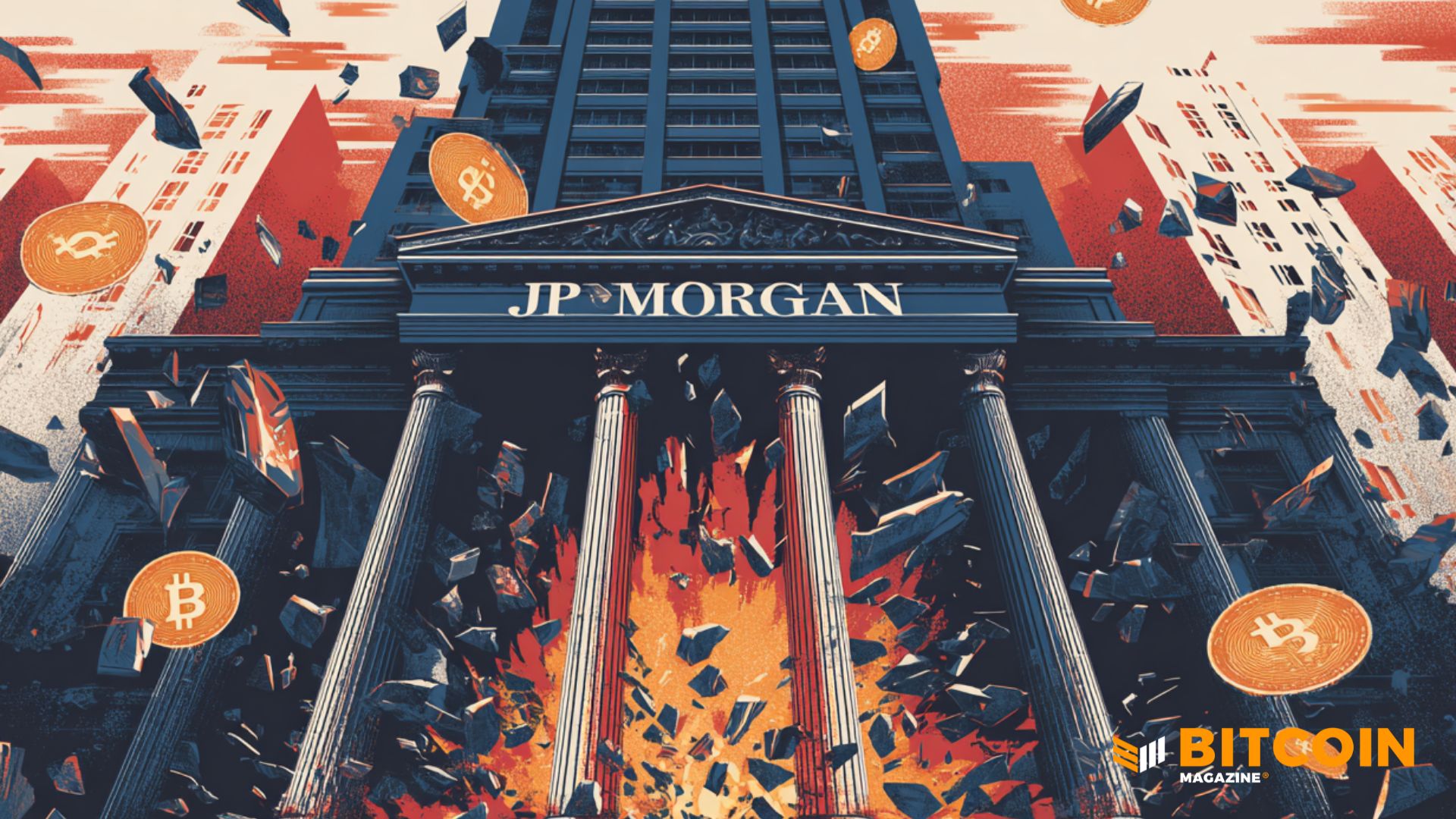
The abrupt closure of Strike CEO Jack Mallers' personal bank accounts by JPMorgan Chase last month has ignited a renewed debate concerning the banking industry's treatment of cryptocurrency executives and the alleged persistence of "Operation Chokepoint 2.0." Mallers, whose father has been a private client with JPMorgan for over three decades, reported that the bank offered no clear explanation for the closure, only citing "concerning activity" in a letter that referenced obligations under the Bank Secrecy Act and warned against future account openings.
This incident has brought "Operation Chokepoint 2.0" back into the spotlight. This alleged Biden-era initiative, though its existence is disputed, is widely believed by critics to pressure financial institutions into limiting or denying services to crypto businesses and their leaders. Despite former President Donald Trump signing an executive order to prohibit such closures based solely on crypto-related activity and his administration's Working Group on Digital Asset Markets claiming to have ended the program, the recent debanking of Mallers fuels ongoing industry fears.
The crypto community and political figures were quick to react. Bo Hines, a former digital assets advisor to the Trump administration and strategic advisor to Tether, publicly questioned Chase's awareness that "Operation Choke Point is over." Tether CEO Paolo Ardoino remarked that the account closure might be "for the best" and framed the situation as a testament to Bitcoin's resilience, stating that organizations attempting to undermine it would ultimately fail. Senator Cynthia Lummis echoed these sentiments, lamenting that "Operation Chokepoint 2.0 regrettably lives on" and arguing that such policies undermine confidence in traditional banks, pushing the digital asset industry overseas.
Mallers, who has a history of vocal criticism against JPMorgan CEO Jamie Dimon, leveraged the moment to champion Bitcoin, urging individuals to "Seek truth. Stand with integrity. Fight for freedom. Protect Bitcoin at all costs." He also leads Twenty One, a public company backed by Tether and Bitfinex, which is actively pursuing Bitcoin acquisitions, positioning itself as a rival to entities like Michael Saylor's Strategy.
The controversy surrounding Mallers' debanking is further complicated by JPMorgan's own legal and ethical scrutiny. Mallers' allusions to Senator Ron Wyden's criticisms highlighted allegations that JPMorgan executives were aware of over $1 billion in suspicious transactions linked to Jeffrey Epstein. Senator Wyden had previously rejected the bank's attempts to shift blame onto a single former employee, emphasizing that multiple top executives, including Mary Erdoes and Jes Staley, allegedly ignored internal warnings and significantly delayed filing Suspicious Activity Reports (SARs) regarding Epstein for six years post-2013 termination. Wyden's demands for extensive internal documents and communications signal a persistent call for federal scrutiny into the bank's accountability in the Epstein affair.
Paradoxically, even as JPMorgan faces backlash for its dealings with crypto executives and its past controversies, the bank's research arm has expressed a surprisingly positive outlook on Bitcoin. Last month, JPMorgan analysts suggested that Bitcoin might be undervalued relative to gold, projecting a potential value of $165,000 if the "debasement trade" continues. They noted that recent gold price gains make Bitcoin more attractive, especially as its volatility ratio compared to gold drops below 2.0, estimating a 42% market cap increase needed to match gold's investment in bars, coins, and ETFs. This contrasting stance highlights the complex and often contradictory relationship between established financial institutions and the evolving world of digital assets.
Recommended Articles
Bitcoin Plunge: Critical $63,000 Support Shattered as Price Tumbles
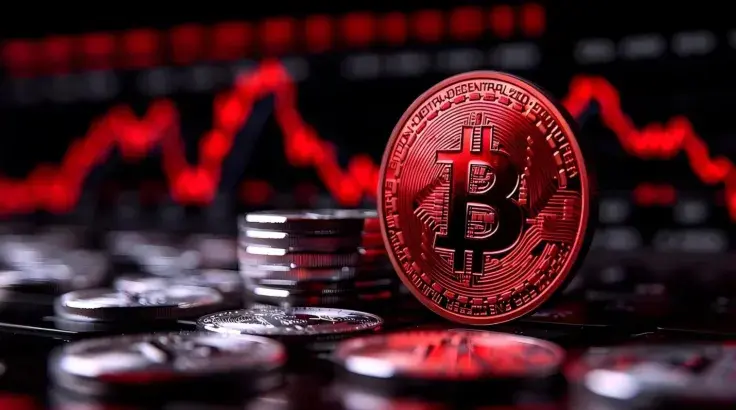
Bitcoin has plummeted below $63,000, marking a 50% correction since its October 2025 highs despite increasing institutio...
Crypto Warning: Prominent VC Predicts Dire Consequences if Bitcoin Fails $60K
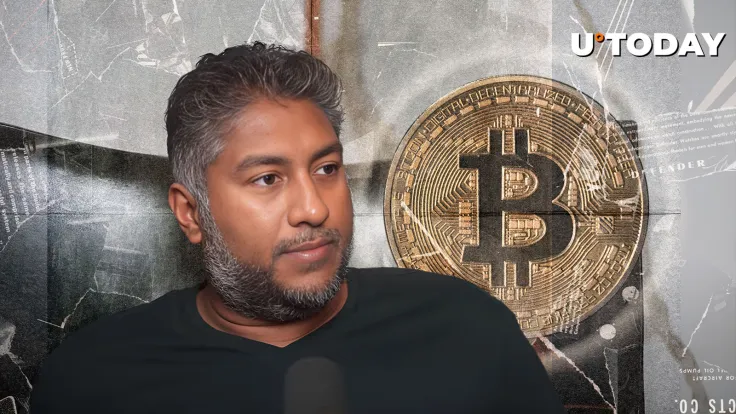
Vinny Lingham has issued a critical warning to the crypto market, stating that Bitcoin's ability to hold the $60,000 sup...
Crypto's Quantum Catastrophe? Mt. Gox Ex-CEO Issues Dire Warning!

Bitcoin's long-term security against quantum computing threats is debated, with former Mt. Gox CEO Mark Karpelès highlig...
Bitcoin's Dire 29% Drop: VanEck Signals Seller Exhaustion Amid Market Carnage!

Bitcoin has suffered a sharp 29% price drop, but a VanEck report suggests seller exhaustion and a potential market botto...
Crypto Giants Unite: Nakamoto Inc. Acquires BTC Inc. & UTXO Management

Nakamoto Inc. (NASDAQ: NAKA) has completed its acquisitions of BTC Inc. and UTXO Management GP, LLC, finalizing merger a...
Bitcoin's Epic 50% Plunge: Is it a Quantum Attack or Market Rebalance?
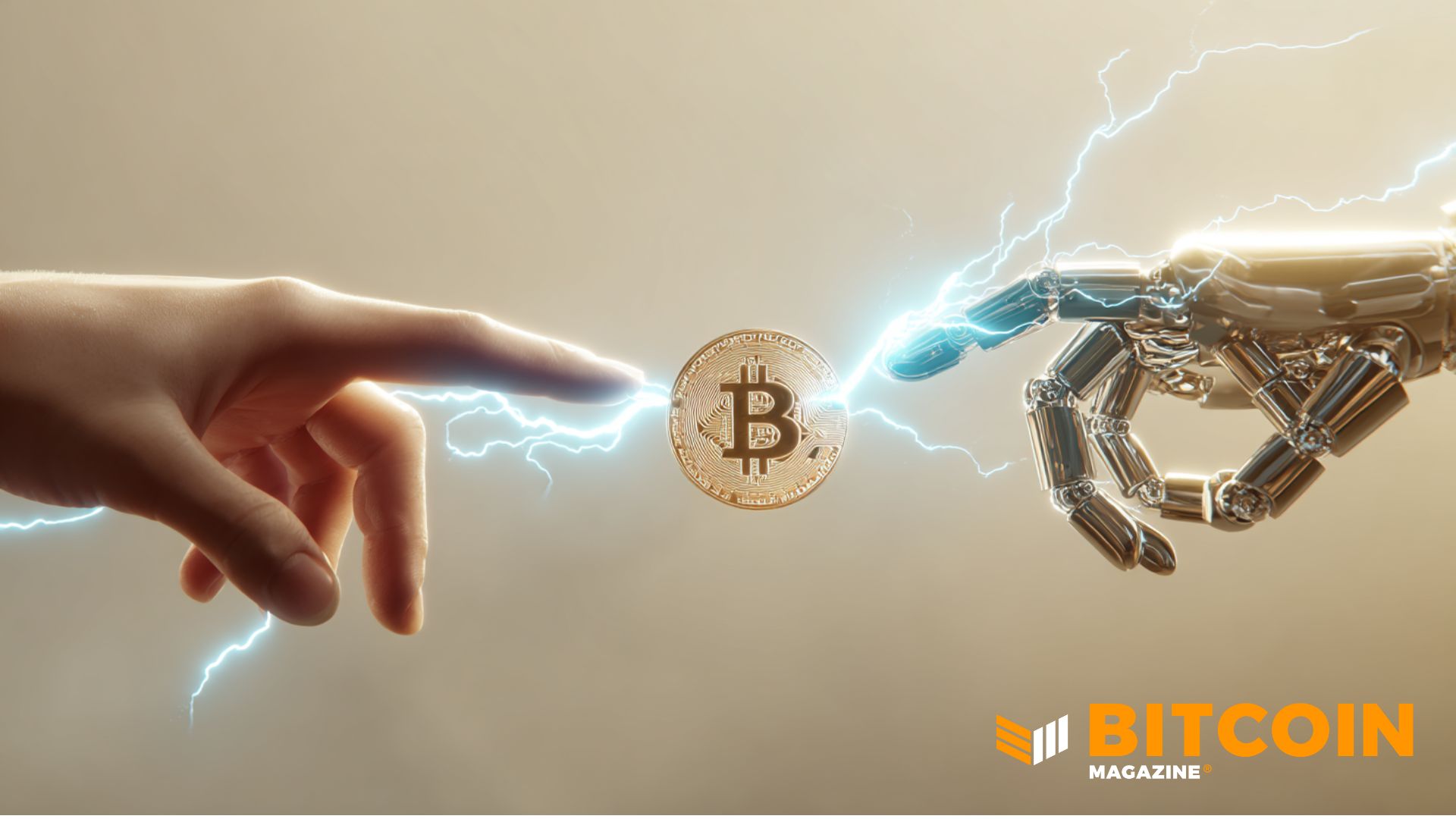
Bitcoin's recent 46% decline has ignited a debate, with some citing quantum computing fears and others pointing to shift...
You may also like...
Boxing Titans Collide Again: Mayweather vs. Pacquiao Rematch Buzz

Boxing legends Floyd Mayweather Jr. and Manny Pacquiao are set for a highly anticipated rematch on September 19 at the S...
UCL Drama: Juventus Star's Bold Promise After 'Tragic' Osimhen Error

Juventus faces a tough challenge in the Champions League second leg against Galatasaray after a 5-2 first-leg loss. Defe...
Sundance Shake-Up: Prestigious Film Festival Unveils New 2027 Dates and Boulder Debut

The Sundance Film Festival is relocating to Boulder, Colorado, for its 2027 edition, scheduled from January 21-31. This ...
BAFTA Under Fire: Major Awards Body Launches Review After Damaging N-Word Incident

BAFTA has responded to the N-word controversy at its recent Film Awards, involving Tourette's syndrome activist John Dav...
Shocking Cancellation: 2026 La Onda Festival Scrapped After Lineup Reveal

The 2026 La Onda Festival in Napa, California, has been unexpectedly canceled just weeks after announcing a star-studded...
Star-Studded Showcase: Kravitz, Maroon 5, Ozuna & Yandel Lead 2026 Starlite Occident Marbella

The Starlite Occident Marbella festival has unveiled its initial 2026 lineup, featuring headliners like Lenny Kravitz, M...
Cape Town's Kirstenbosch Garden Blooms onto World's Most Beautiful List!
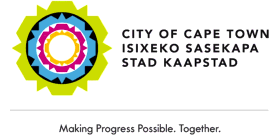
Cape Town's Kirstenbosch National Botanical Garden has been globally recognized by Homes & Gardens as one of the Most Be...
Mozambique's National Carrier LAM Soars Towards Revival with Ethiopian Airlines Power

Mozambique's government is in discussions with Ethiopian Airlines to restructure its national carrier, LAM, focusing on ...